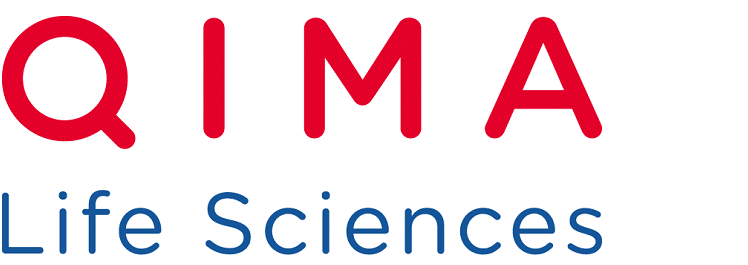Revealing novel insights on how oral supplementation with collagen peptides may prevent hair loss: Lessons from the human hair follicle organ culture
Journal of Functional Foods 2024; 116:106124
PAPPELPAUM K.I., VIRGILIO N., EPPING L., VAN DER STEEN B., JIMENEZ F., FUNK W., PRAWITT J., BERTOLINI M. (2024)
- Monasterium Laboratory Skin and Hair Research Solutions GmbH, A QIMA Life Sciences Company, Münster, Germany
- Rousselot BV, Ghent, Belgium
- Mediteknia Hair Transplant Clinic and Hair Lab, Gran Canaria, Canary Islands, Spain
- University Fernando Pessoa Canarias, Las Palmas de Gran Canaria, Spain
- Clinic for Plastic, Aesthetic and Reconstructive Surgery Dr. Dr. med. Funk, Munich, Germany
Abstract
Dietary supplementation with bioactive collagen peptides (CPs) may be a helpful adjuvant strategy in reducing the excessive hair shedding and thinning associated with aging or patterned hair loss. However, the underlying biological effects of CPs on hair follicle (HF) function have not yet been characterized. Excessive hair loss occurs when HFs exit the growth phase (anagen) prematurely due to, among other factors, impaired epithelial HF stem cell (eHFSC) activities. The aims of this study were to investigate the response of human HFs to peptides from the two most popular CP sources, i.e. marine and bovine collagens, which were previously in vitro-digested to mimic gastrointestinal breakdown, in one of the most clinically-relevant ex vivo HF models. Both types of collagens reduced the proliferation of pluripotent K15+ eHFSCs and enhanced the generation of K19+ and/or CD34+ stem cell progenies. In addition, bovine CPs significantly increased K15+ cells in the bulge and marine CPs significantly maintained HFs longer in anagen. Our results suggest that both marine and bovine CPs may help to prevent hair loss and maintain healthy hair by preserving eHFSCs and/or improving the generation of SC progenies. This data invites the further exploration of other CPs for the prevention of excessive hair shedding.
>> Read the full article here
© The Author(s) 2024.


